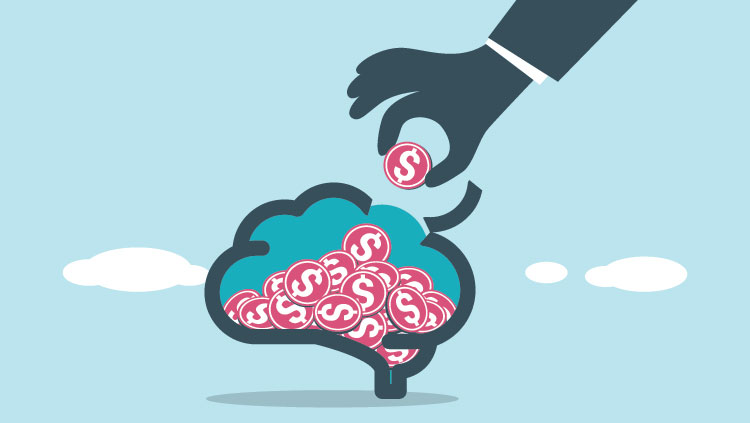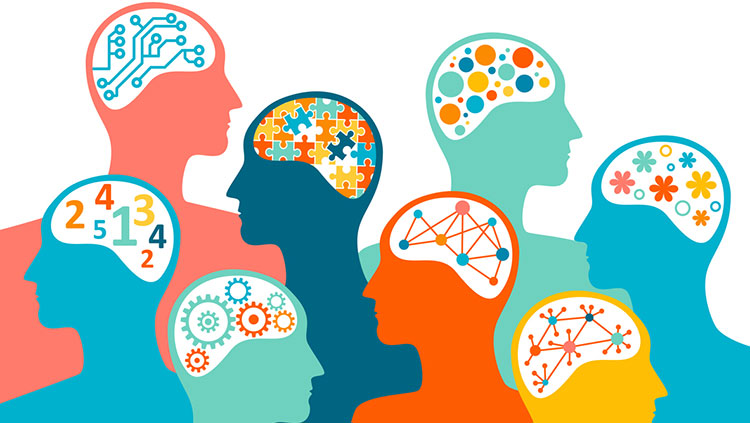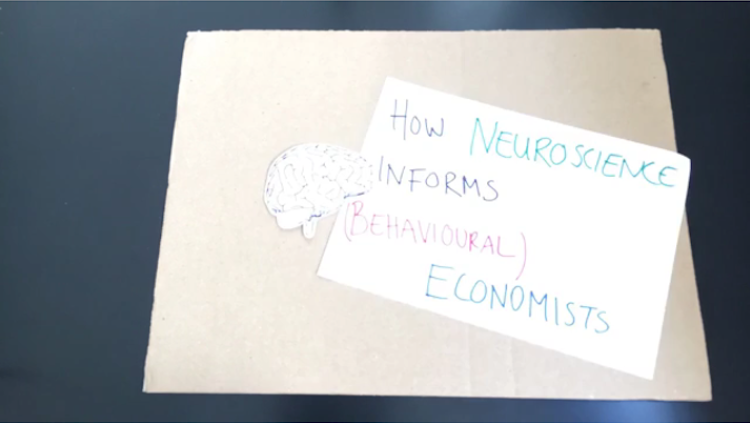Solitary Confinement: Psychological and Neurobiological Insights into Isolation
- Published22 Mar 2019
- Source BrainFacts/SfN
As social animals, our health depends on interactions with others. If placed in isolation, without those connections, our physical and mental health take a hit. Millions suffer from chronic isolation and solitary confinement is the extreme example. The number of people held in solitary varies widely around the world but is nowhere greater than in the US. In the US some 80,000 people spend days, even years, without any physical contact from others. This panel discusses the implications of solitary confinement with a neurobiologist, a physician, a lawyer, and an individual held in solitary for 29 years.
This is a recording of a panel on Solitary Confinement presented at Neuroscience 2018 for the Social Issues Roundtable.
Note: Stephanie Cacioppo, assistant professor of in the department of psychiatry and behavioral neuroscience at the University of Chicago, was also a presenter on this panel, however, she declined to have her talk distributed to the public.
CONTENT PROVIDED BY
BrainFacts/SfN
Also In Law, Economics & Ethics
Trending
Popular articles on BrainFacts.org

















